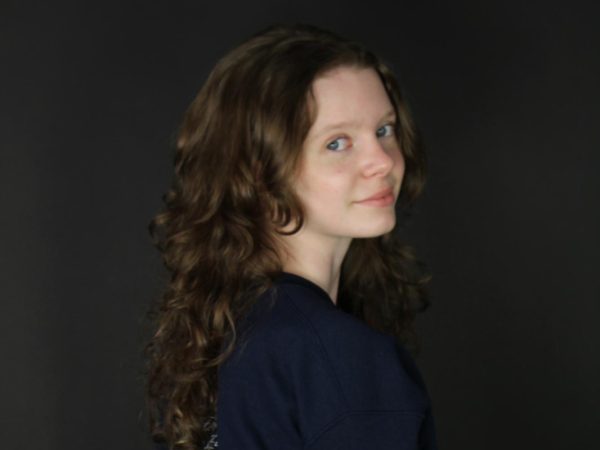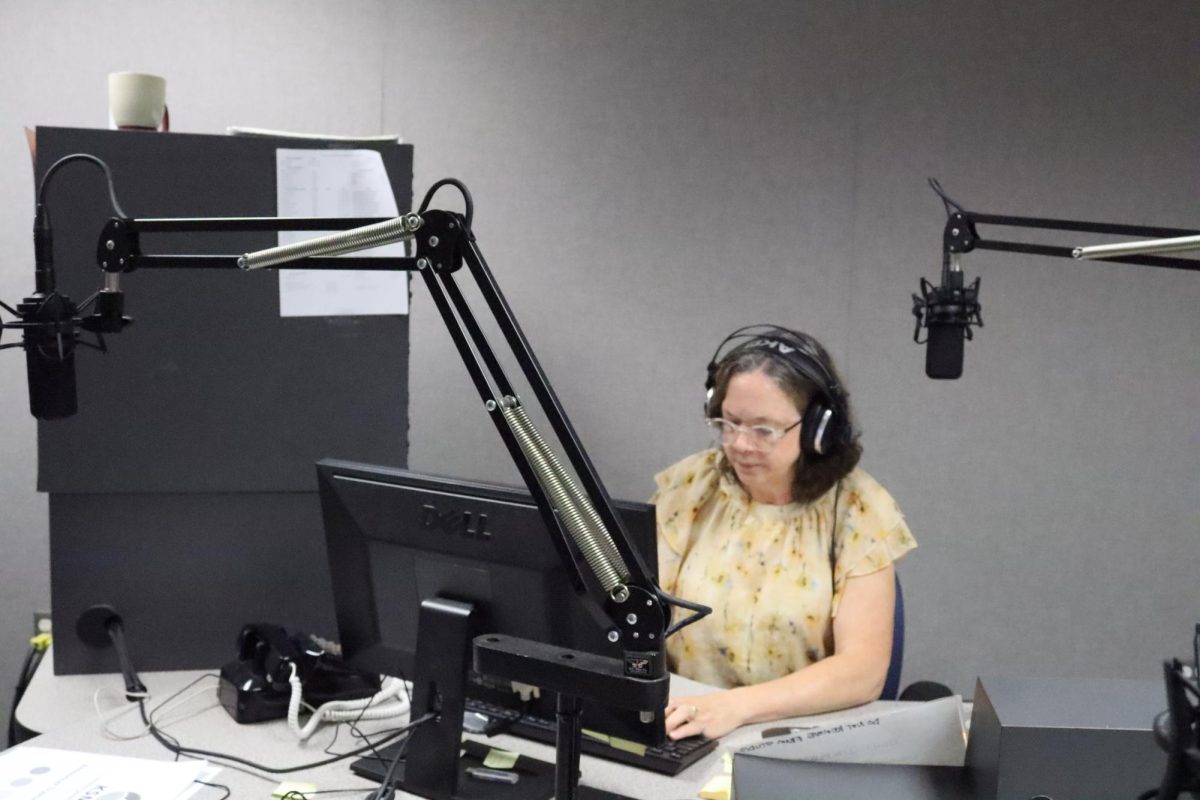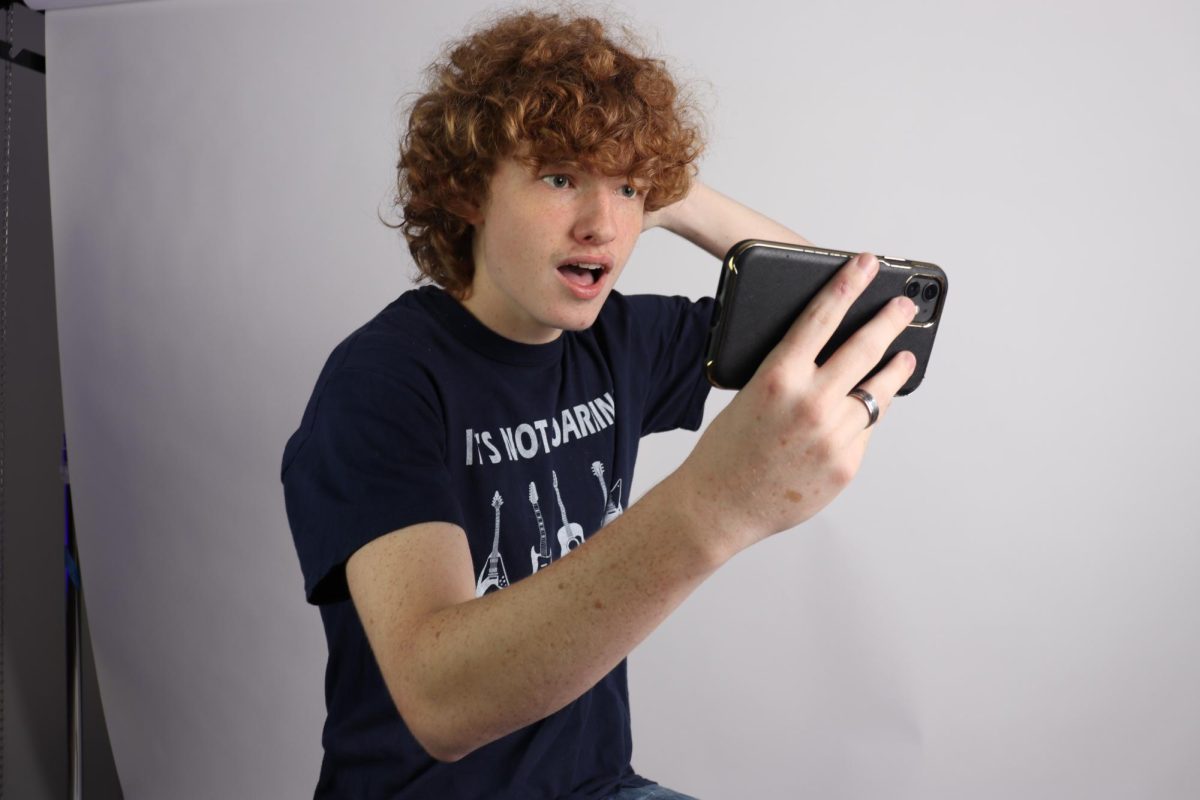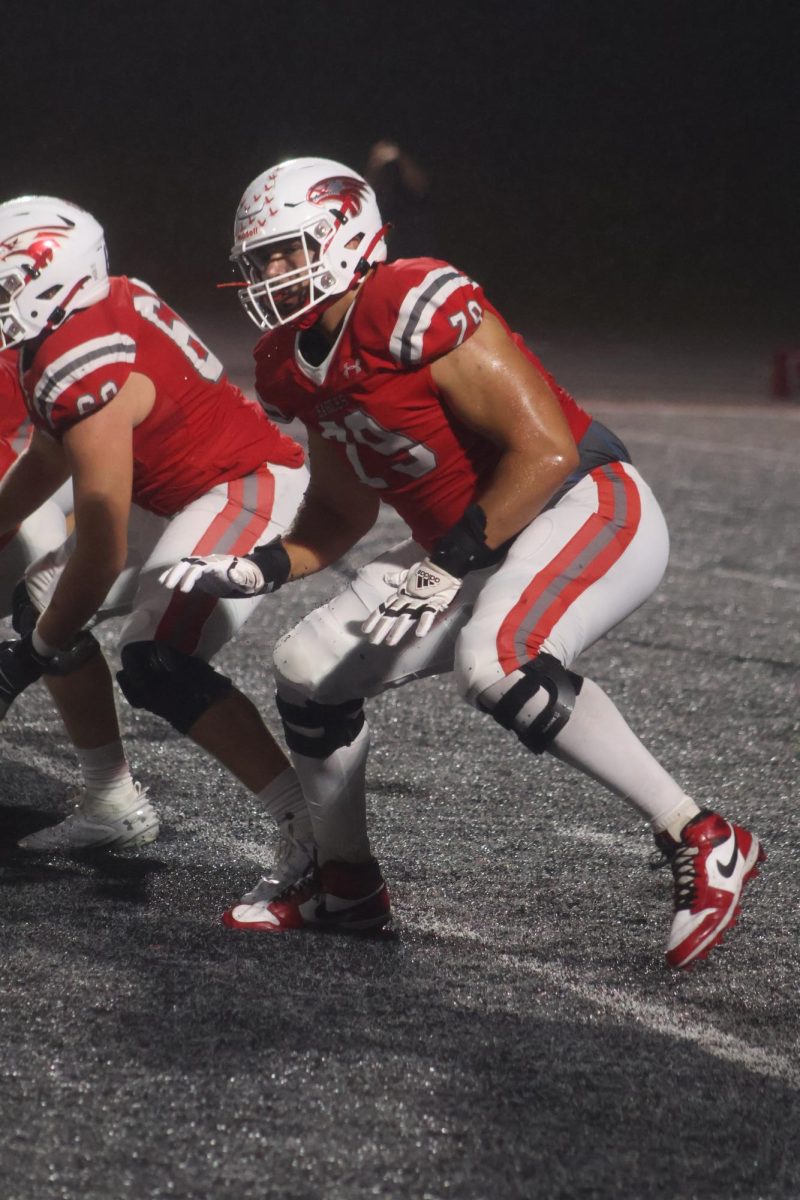Facebook was launched on Feb. 4, 2004. Since then, the platform has gone through many changes and brought about a worldwide move toward a variety of social media platforms.
Learning coach for Springfield Public Schools, Chanelle Wentworth, has been on Facebook since 2006.
“My friends pressured me, so I kept getting requests to join it and I thought it was spam,” Wentworth said. “And so one of my friends was like, ‘Oh, it’s so cool you have to join–’[Email] was how you got invited.”
Wentworth said that only people with a college email address received the invites.
“When [Facebook] first came out, it was only for Ivy League college [students] and then it rolled out to major universities and I was at Drury,” Wentworth said. “Anyone that had a .edu email got an invite to join Facebook.”
Springfield News-Leader journalist Claudette Riley actively uses two Facebook accounts: a personal account and a work-specific page.
“I started the ‘Claudette Riley’ account in 2008, which is a personal account…” Riley said. “In 2011, there was a push to use Facebook to engage with readers so I created ‘Claudette Riley News-Leader’ – It is where I post most of my stories and interact with readers.”
Riley has had a problem keeping her personal page and professional page separate. This issue has led her to change her approach to using both accounts and social media in general.
“After adding the professional Facebook page, I tried to migrate my professional contacts from the personal account to the professional account,” Riley said. “However, I still have long-time sources who connect with me on both. The amount and type of posts on the personal account has changed significantly. I post less in general, and am less willing to share information. The professional page has become an incredible resource, along with [X, formerly known as Twitter]. Both platforms have been a reliable [way] to connect with parents and readers. I am more likely to get a story tip through direct message on Facebook or X than email or phone.”
In addition to inspiring newer social media platforms such as Instagram, Snapchat and more, Facebook has undergone numerous updates so that it can continue it’s control on the industry as a social media powerhouse.
“I appreciate … the ability to archive a post or limit who can see it,” Riley said. “I do not use either very often, but [I] am glad the options exist. As a reporter, I follow many pages and it is not unusual to find story ideas in my news feed.”
When Facebook was first launched, one of its first features was the ability to post a status in a unique way. As years have gone by, Facebook has become a large platform for businesses to advertise on.
“People always started [statuses] with the word ‘is’ so it would be like ‘Chanelle Wentworth is going roller skating,’” Wentworth said. “That was really the beginning of it. And then … at that time, ads weren’t a big thing … so you actually saw your friends profiles and what they were doing. Now there’s nothing but ads.”
Mayre Mercedes Jenkins, owner of Thicc Cakes in Nixa, tends to use Facebook ads to promote her small business.
“I like to use different ad combinations,” Jenkins said. “I will use certain posts so that [information] gets out there to the public…– I also use a continuous ad. It helps promote my website and then my business location; and that will pop up locally. So whenever people are using certain terms, it’ll show up and it’ll pique their interest so … they’ll find my page.”
Jenkins said creating ads on Facebook tends to be more user friendly than other social media platforms and it can be entertaining testing different settings.
“It already tells you where you can promote your website…” Jenkins said.“It just makes it feel like the user experience is a lot better now than it was before. I feel like you can really dig yourself into a hole if you use ads. It’s just so easy because it’s just right there… [and] I know that [Facebook] has some other options and I think it’s just kind of cool to play around if you create a page – You don’t actually have to buy anything.”
Jenkins said one of the most recent updates Facebook has launched on ads was the ability to pick a target market.
“[Facebook] now has some type of automatic or automation type ads where it will pick what’s best for you, and it’ll also provide a certain category that you can try to place yourself in order to reach people that would better fit your needs instead of doing it manually…” Jenkins said. “So I’d have to pick my own target market. This would help you with that.”
Even though some users may find the large amount of ads on Facebook hindering the experience, Wentworth said she has been able to find many benefits from being on the platform.
“The connections that you have to your friends that don’t live here anymore – Like all my best friends from college don’t live anywhere in the area so it helps us to keep track of each other,” Wentworth said.
Riley said that Facebook has been able to help her keep in touch with people and has benefited her career.
“The ability to stay connected and share memories is meaningful,” Riley said. “Facebook has also become an incredible tool for reporting. It can be a starting point for news and trend stories and a way to connect with readers and future story subjects.”
Wentworth said that Facebook has had both positive and negative effects on society. And has led a massive transformation in social media as a whole.
“Before Facebook, we weren’t looking at all these apps on our phones and tracking every little thing online,” Wentworth said. “It was actually talking to and texting people and communicating in real life. The positive is we get to stay connected to those that we’ve known for our whole life. But the negative is how much [time] people spend on social media.”
Twenty Years of Facebook
The user experience of Facebook has evolved over the past 20 years
Glennis Woosley, Wingspan Staff Writer
February 27, 2024
0
More to Discover
About the Contributor

Glennis Woosley, Editor-In-Chief
Senior Glennis Woosley has been editor-in-chief of Wingspan magazine for two years. Over the summer, she went to three summer programs: The School of the New York Times, Missouri Girls State and Medill Northwestern Journalism Institute. Aside from journalism, Glennis competes in speech and debate, where she is the Co-Chair for Nixa’s speech and debate team, FBLA and DECA. She also enjoys playing the bass guitar and following U.S. politics.









